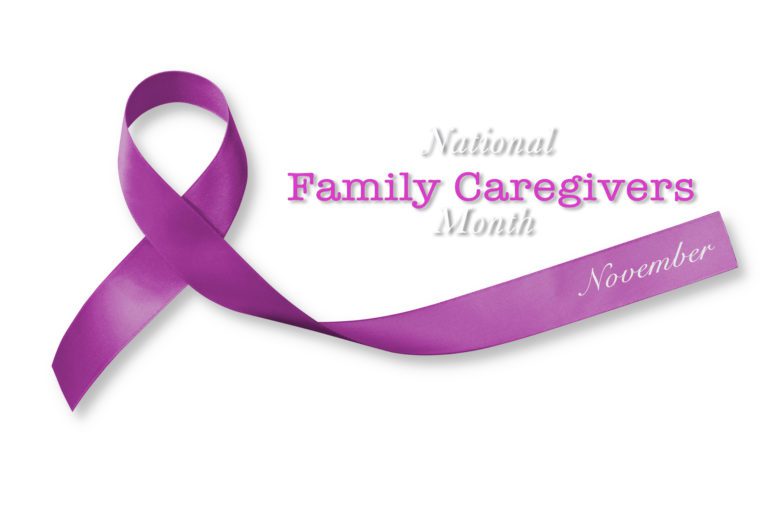When it comes to caring for our senior loved ones, it’s essential to go beyond mere task management and prioritize their overall well-being. While tasks such as medication reminders, meal preparation, and housekeeping are important, seniors deserve much more than just completing these routine responsibilities. They deserve personalized attention, companionship, and an enhanced quality of life.
In this article, we delve into the reasons why your senior loved one deserves more than task management care. We’ll explore the various aspects that contribute to their overall well-being, including social connection, mental stimulation, emotional support, and physical health. By understanding the importance of comprehensive care, you can ensure that your senior loved one receives the attention and assistance they truly deserve.
Table of Contents
- 1. The Power of Social Connection
- 2. Mental Stimulation for Cognitive Health
- 3. Emotional Support and Companionship
- 4. Promoting Physical Health and Well-being
- 5. Tailoring Care to Individual Preferences
- Conclusion:
1. The Power of Social Connection
Social interaction plays a vital role in the lives of seniors. It is crucial for their mental, emotional, and even physical well-being. By providing more than just task management care, you enable seniors to maintain and strengthen their social connections, preventing loneliness and isolation.
1.1. Promoting Community Engagement
Encouraging seniors to engage with their local community can have significant positive effects on their overall well-being. Activities such as joining clubs, participating in community events, or attending senior centers provide opportunities for social interaction and the formation of meaningful relationships.
Benefits of Elderly Living at Home
1.2. Facilitating Family Bonding
Maintaining strong connections with family members is vital for seniors’ emotional health. By offering care that goes beyond mere task management, you can facilitate family visits, gatherings, and outings that contribute to a sense of belonging and support.
2. Mental Stimulation for Cognitive Health
Engaging seniors in mentally stimulating activities is crucial for their cognitive health. A comprehensive care approach should prioritize activities that challenge and stimulate the mind, promoting mental acuity and preventing cognitive decline.
2.1. Brain-Boosting Exercises and Games
Integrating brain-boosting exercises and games into seniors’ daily routines can help keep their minds sharp. Activities like puzzles, crosswords, and memory games can provide mental stimulation and contribute to overall cognitive well-being.
2.2. Learning Opportunities and Lifelong Education
Seniors have a wealth of knowledge and a desire to continue learning. Encouraging them to pursue new interests, hobbies, or even academic courses can foster a sense of purpose and intellectual growth. Many universities and organizations offer programs specifically designed for seniors to continue their education.
3. Emotional Support and Companionship
Seniors often face emotional challenges, such as feelings of loneliness, grief, or anxiety. Providing emotional support and companionship is an essential aspect of comprehensive care.
3.1. Active Listening and Emotional Validation
Taking the time to actively listen and validate seniors’ emotions is invaluable. Showing empathy and understanding can make a significant difference in their emotional well-being. Engage in conversations that allow seniors to express their thoughts, concerns, and joys, fostering a supportive environment.
3.2. Cultivating Meaningful Relationships
Building meaningful relationships with seniors goes beyond task management. It involves developing a genuine connection based on trust, respect, and mutual understanding. By being a consistent presence in their lives, caregivers can become trusted companions, enhancing seniors’ emotional well-being.
4. Promoting Physical Health and Well-being
Physical health is paramount for seniors to maintain independence and a high quality of life. A comprehensive care approach should include strategies that prioritize their physical well-being.
4.1. Encouraging Regular Exercise
Regular physical activity is vital for seniors’ health. Encourage and support them in engaging in exercises appropriate for their abilities, such as walking, yoga, or chair exercises. Exercise promotes cardiovascular health, improves flexibility, and enhances overall strength and mobility.
4.2. Nutritious Meal Planning and Assistance
Proper nutrition plays a key role in seniors’ well-being. Providing meal planning assistance and ensuring they have access to balanced and nutritious meals can significantly contribute to their overall health. Collaborate with healthcare professionals or nutritionists to create meal plans tailored to their specific dietary needs.
5. Tailoring Care to Individual Preferences
Each senior has unique preferences, interests, and needs. Comprehensive care should focus on understanding and respecting these individual characteristics to provide the best possible support.
5.1. Personalized Activity Planning
Taking the time to understand seniors’ hobbies, interests, and pastimes allows caregivers to plan activities that align with their preferences. Whether it’s gardening, painting, or listening to music, personalized activities can enhance seniors’ enjoyment and quality of life.
5.2. Adapting to Changing Needs
Seniors’ needs evolve over time, and comprehensive care should adapt accordingly. Regular reassessment and open communication ensure that caregivers can adjust the care plan as necessary, providing optimal support for changing circumstances.
Learn More: 8 Signs Your Loved One Needs In-Home Help
Conclusion:
Task management care is essential, but it should never be the sole focus when it comes to caring for your senior loved one. By recognizing the value of comprehensive care, you can enhance their overall well-being, promote social connections, stimulate their minds, provide emotional support, and prioritize their physical health.
Remember, seniors deserve more than just completing tasks. They deserve a care approach that treats them as individuals with unique preferences, interests, and needs. By going beyond task management, you can ensure that your senior loved one receives the attention, companionship, and quality of life they truly deserve.







